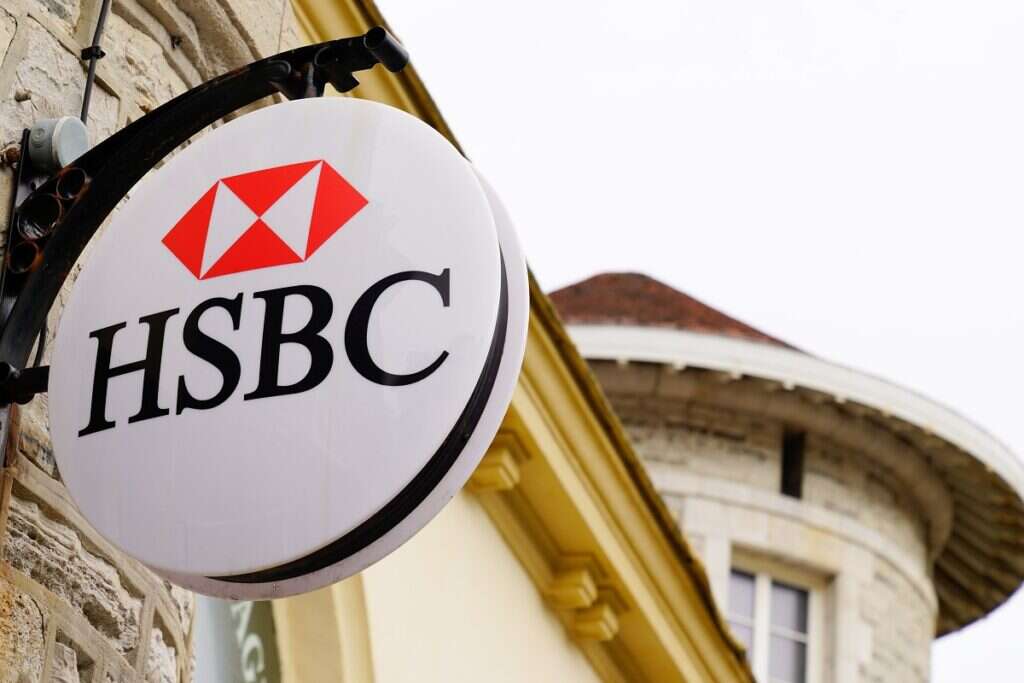
HSBC is reportedly launching a new app, Zing, which it promises will enable cheap international payments. It will be open to non-HSBC customers in the UK, and is the latest move by traditional banks to try and rival fintech platforms such as Wise and Revolut, which have grown in popularity in recent years.

Zing will initially be made available in the UK, said Nuno Matos, CEO of HSBC’s global wealth and personal banking business, with Android and iOS apps being made available in UK app stores in the coming days. It is likely to be rolled out to other parts of the world later in the year.
Europe’s largest bank, HSBC has 13.5m active customers in the UK across three brands: HSBC, First Direct and M&S Bank.
HSBC puts Zing in its payment offering
Matos revealed the bank’s plans for Zing were part of a plan to “attack” the payments market. “Zing has a global ambition,” he said in an interview with Bloomberg. “We want to establish ourselves as a global platform for international payments, which ties perfectly with our international payments strategy for HSBC and you should see us very soon in Asia, in the Middle East and in EU markets.”
HSBC offers its banking customers a similar service, Global Money, which enables fee-free, foreign currency transactions. It launched in 2020 and is now used by “hundreds of thousands” of customers, according to HSBC. In 2022, it reportedly processed transactions worth $11bn.
Zing will build on the Global Service in what Matos described as “a bold move” for the bank. He said: “This is HSBC playing outside its traditional perimeter of customers, and really attacking, if you want, of taking advantage of a contingent, which is big, is growing, looks like us, and it’s here for us.”
Tech Monitor has contacted HSBC for more information on when Zing will launch.
Can traditional banks rival fintechs?
With Zing, HSBC will be hoping to draw customers away from fintech services such as Wise, which offers low-cost international payments to consumers and businesses. One of the UK’s most successful technology start-ups of recent years, the platform has enjoyed rapid growth over the last decade and serves over six million active users, moving currency worth more than £25bn each quarter.
Wise claims to be adding 100,000 new users a month, demonstrating an appetite for tech-enabled financial services which HSBC hopes to tap into. Traditional banks have often struggled to match the agility of their newer fintech rivals, but in recent months have been starting to catch up, investing heavily in new technologies like artificial intelligence and quantum computing, and offering more advanced online services to their clients.
Last year, HSBC partnered with quantum computing vendor Quantinuum to explore near and mid-term quantum solutions including risk management and fraud detection, and also joined BT’s quantum secure network to add an extra layer of protection to data transfers between its London headquarters and a data centre in Berkshire.
The bank also demonstrated its tech ambitions by taking over the UK arm of stricken lender Silicon Valley Bank when it ran into financial difficulties last March.






